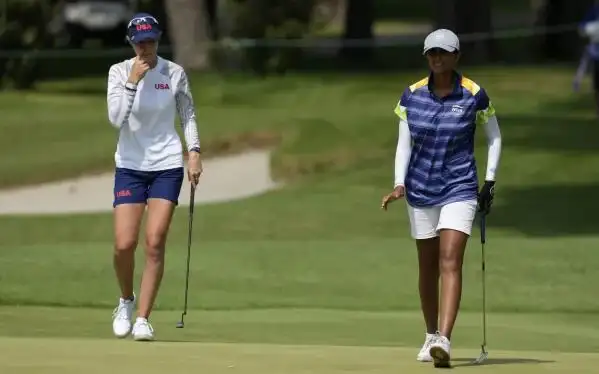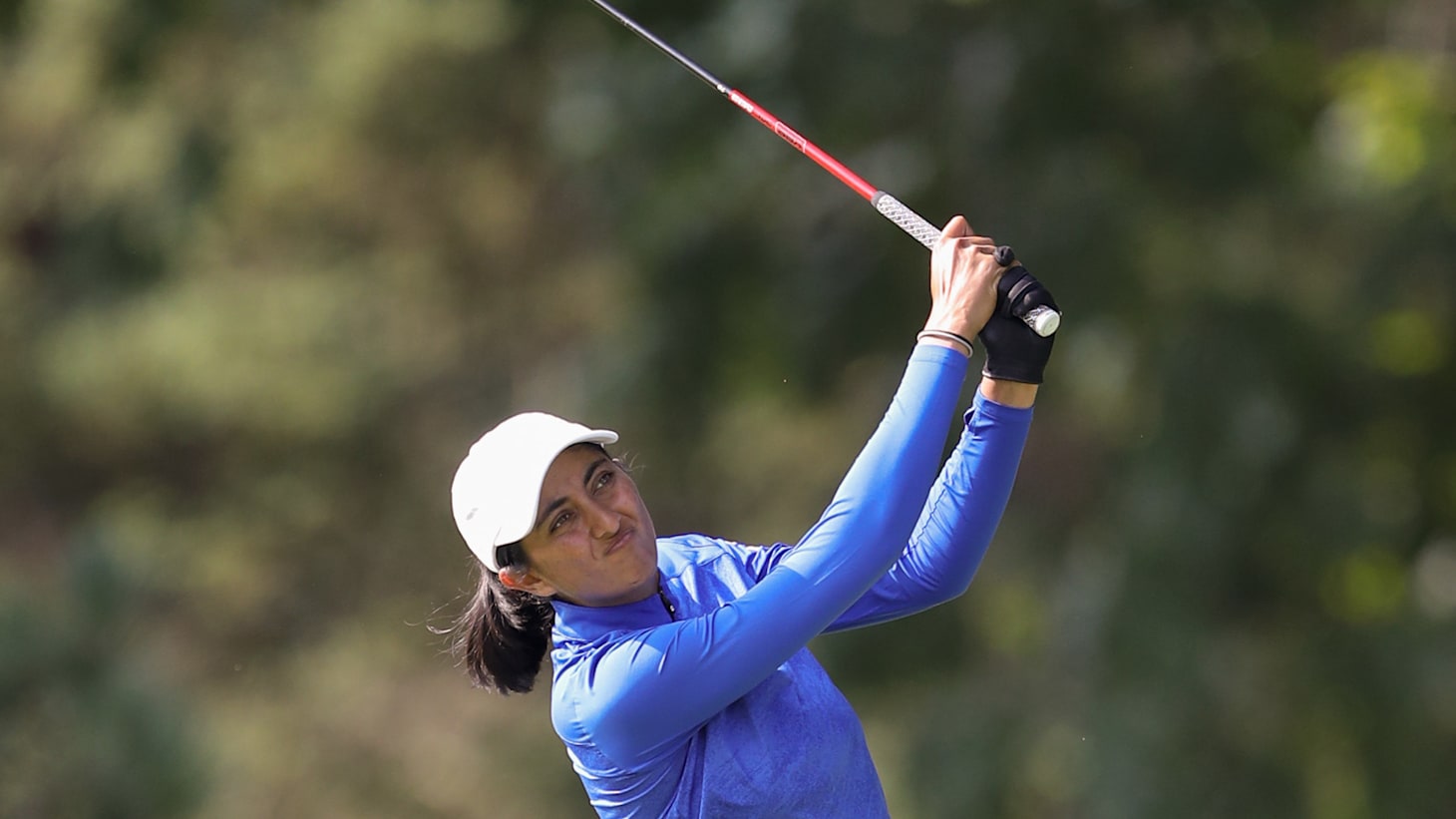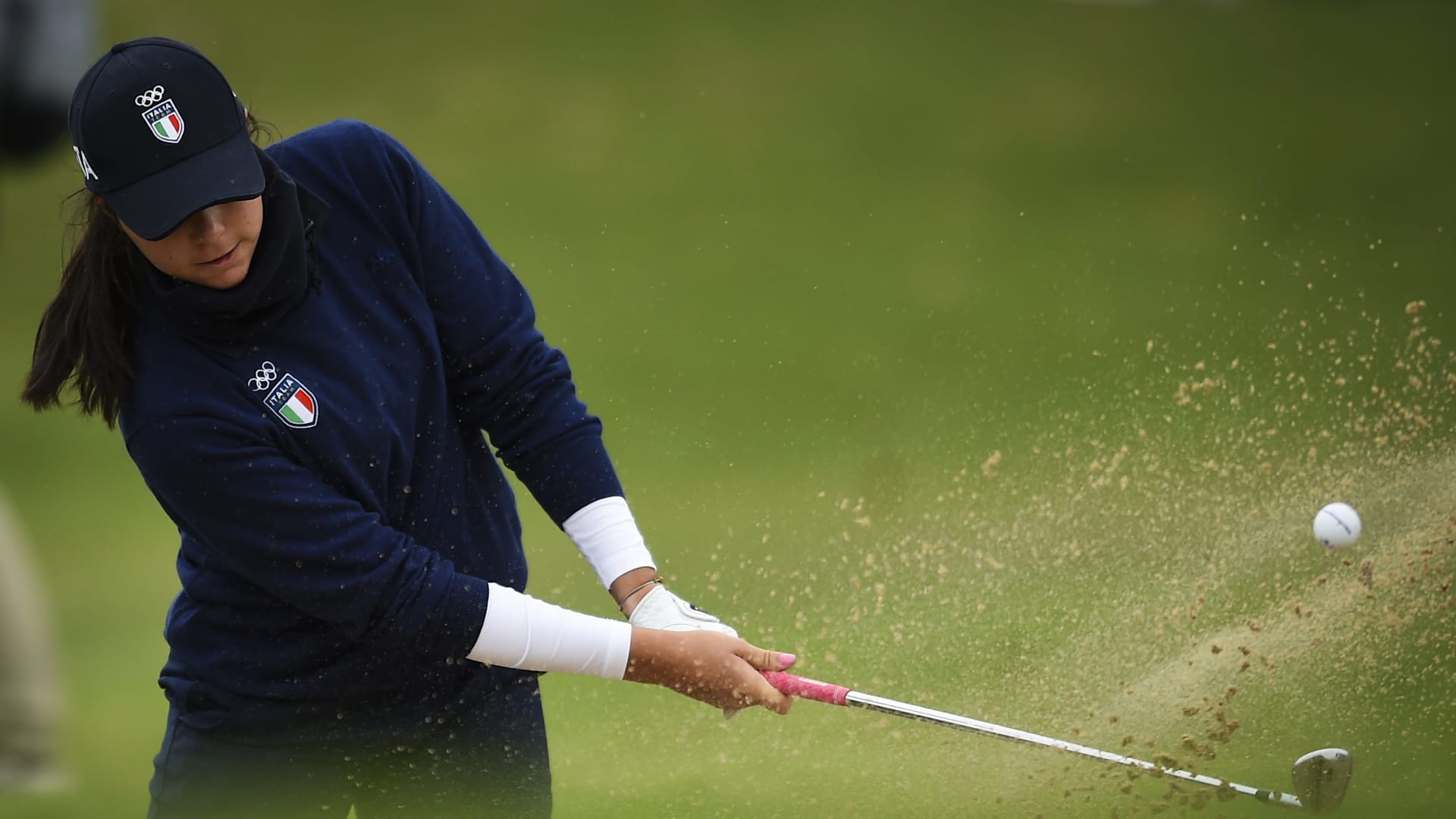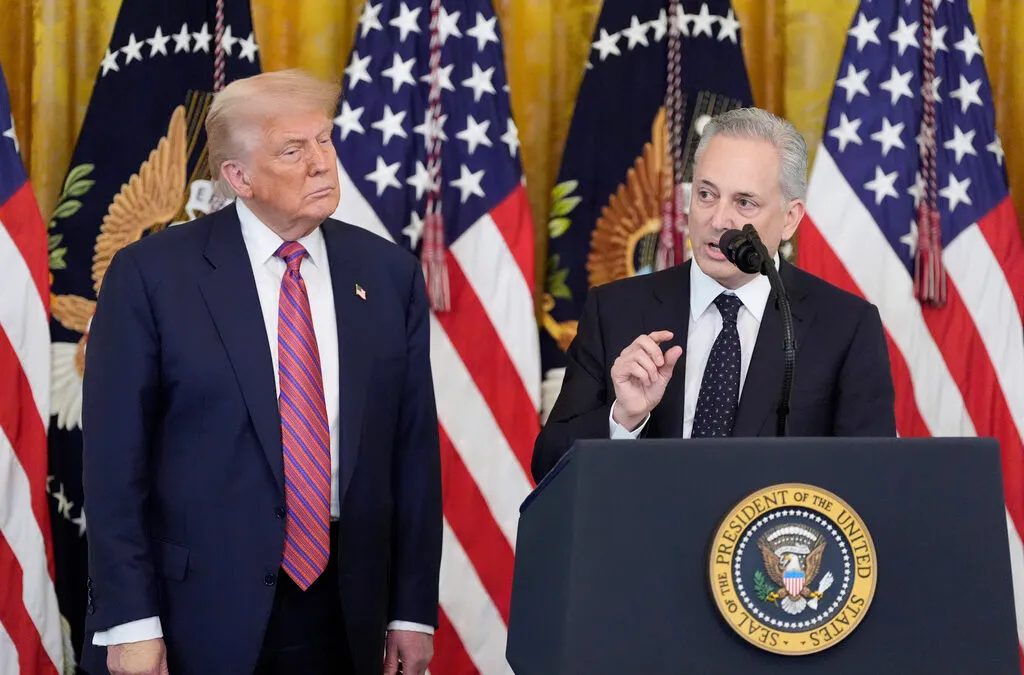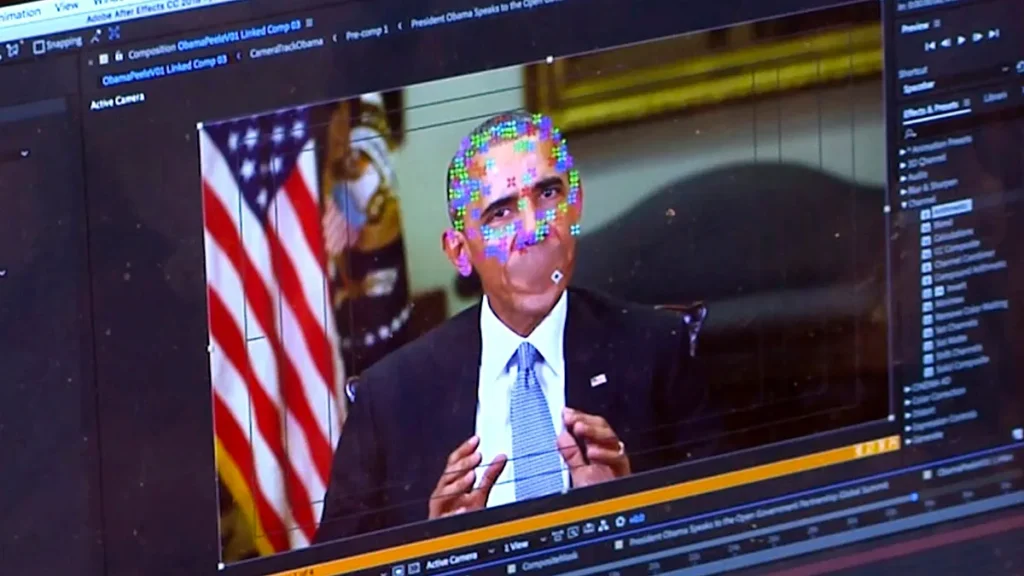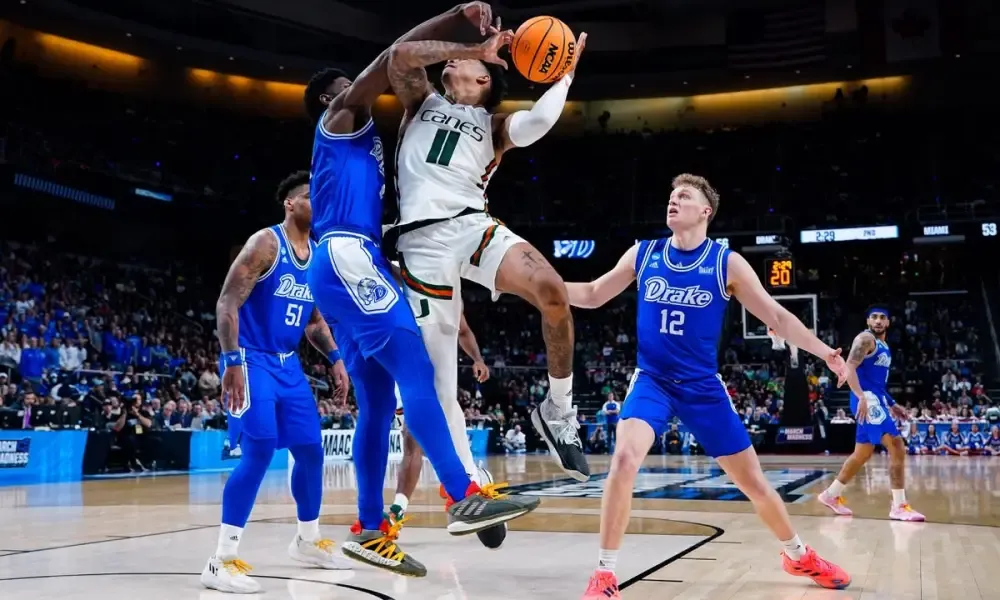Strategic Play and Stunning Greens: Golf at Paris 2024
As the Paris 2024 Olympics approach, golf is set to return to the Olympic stage, promising thrilling competitions amidst the stunning landscapes of the French capital. After a successful inclusion in the 2016 Rio Olympics, golf is excited to build on that momentum with an event that combines world-class athleticism, strategy, and the picturesque charm of France.
The Golf Format at Paris 2024
At the Paris 2024 Olympics, golf will feature both men's and women's stroke play competitions. Each tournament will consist of 72 holes, played over four days, with players aiming for the lowest score. The format allows for a diverse field, with 60 competitors in each category, including both established stars and emerging talents from around the world.
The Venue: Le Golf National
The golf events will take place at Le Golf National, located just outside Paris in Guyancourt. Renowned for its beautiful landscape and challenging courses, Le Golf National has previously hosted significant tournaments, including the Ryder Cup in 2018. The course features strategically placed hazards, undulating greens, and a variety of hole designs, making it an ideal venue for showcasing the skills and strategies of the world’s best golfers.
The 18-hole championship course is specifically designed to challenge players' skills and decision-making abilities. The course layout emphasizes shot accuracy and distance control, making every hole a test of both physical prowess and mental strategy. The picturesque surroundings, with views of the Eiffel Tower, add to the charm and excitement of the Olympic golf competition.
Key Athletes to Watch
As the tournament approaches, several athletes stand out as potential medal contenders:
Collin Morikawa (USA): The reigning Open Champion and one of the sport's brightest stars, Morikawa is known for his precision iron play and strong mental game. His ability to perform under pressure makes him a formidable competitor.
Nelly Korda (USA): The reigning Olympic champion from Tokyo 2020, Korda is a dynamic player with a powerful game and exceptional short-game skills. Her experience and composure make her a strong candidate for defending her title.

Rory McIlroy (Northern Ireland): A veteran of the sport, McIlroy has a wealth of experience and numerous accolades to his name. His strategic approach to the game and impressive driving distance could play a significant role in his performance.
Aditi Ashok (India): Ashok gained global attention during the Tokyo Olympics, where she narrowly missed a medal. Her solid technique and competitive spirit will make her a key player to watch in Paris.
The Importance of Strategy in Golf

Golf is often described as a game of strategy, where mental fortitude is as crucial as physical skill. Players must carefully analyze each hole, considering factors such as wind conditions, course layout, and pin placements. This strategic element is amplified in the Olympic format, where every shot counts and the pressure to perform can be intense.
Athletes will need to employ various strategies throughout the tournament, from club selection to shot placement. For instance, knowing when to play aggressively and when to take a more conservative approach can be the difference between securing a medal and falling short. As a result, golfers will spend time not only practicing their swings but also developing their course management skills.
The Role of Technology in Training

In preparation for the Paris 2024 Olympics, many athletes are utilizing advanced technology to enhance their training. Performance analytics, swing analysis software, and GPS course mapping tools are increasingly becoming integral to golfers' training regimens. These technologies provide valuable insights that allow players to fine-tune their skills and make informed strategic decisions during competitions.
Additionally, simulators and virtual reality training systems enable golfers to practice in various conditions and familiarize themselves with the course before arriving for the tournament. This technological edge could play a significant role in helping athletes adapt quickly and perform at their best under Olympic pressure.
Fan Engagement and Golf at the Olympics
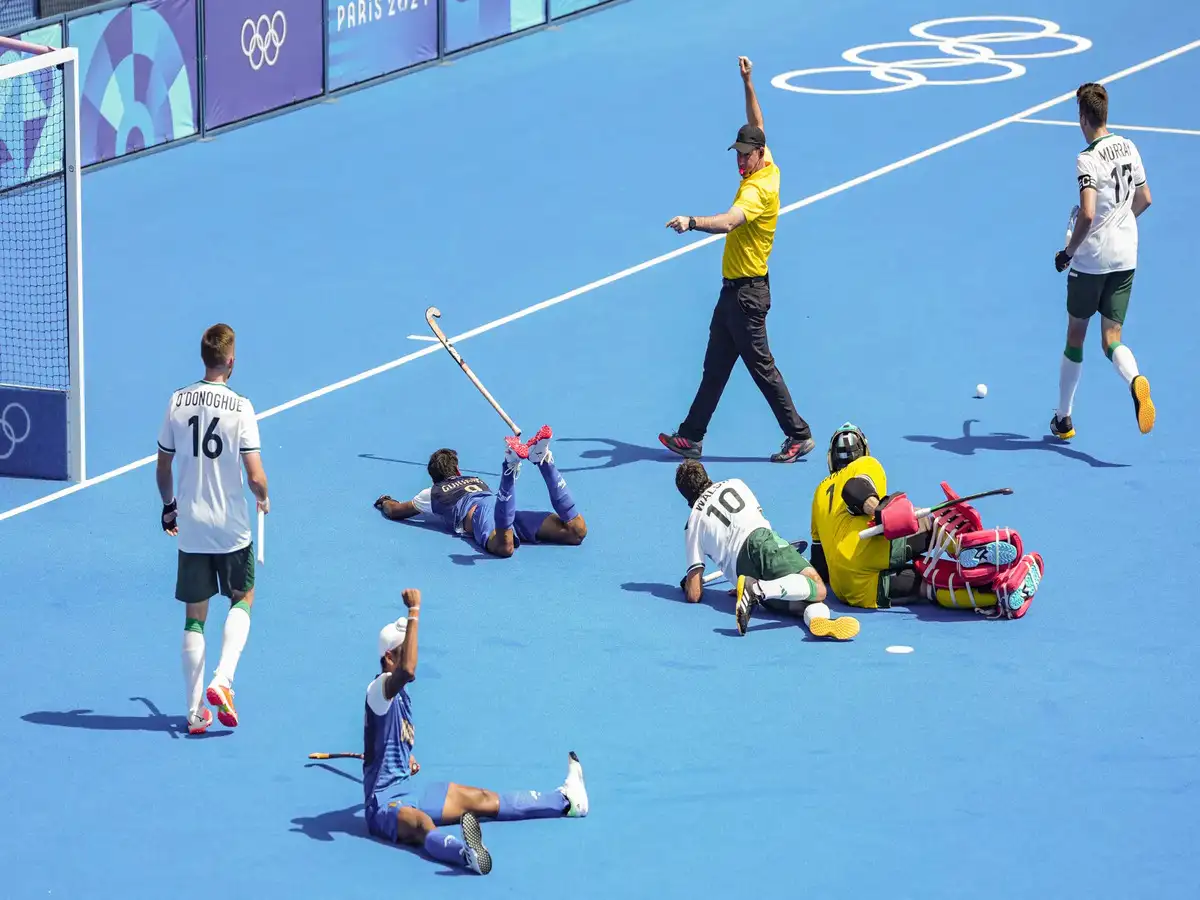
The Paris 2024 Olympics aims to enhance fan engagement in golf through innovative approaches. Live broadcasts, interactive social media campaigns, and virtual experiences will allow fans to connect with their favorite athletes and follow the competition closely.
Moreover, the Olympics offer a unique platform to promote golf to a wider audience, particularly in regions where the sport may not be as popular. The event's global reach will introduce millions to the beauty and excitement of golf, fostering greater interest in the game.
Cultural Significance of Golf
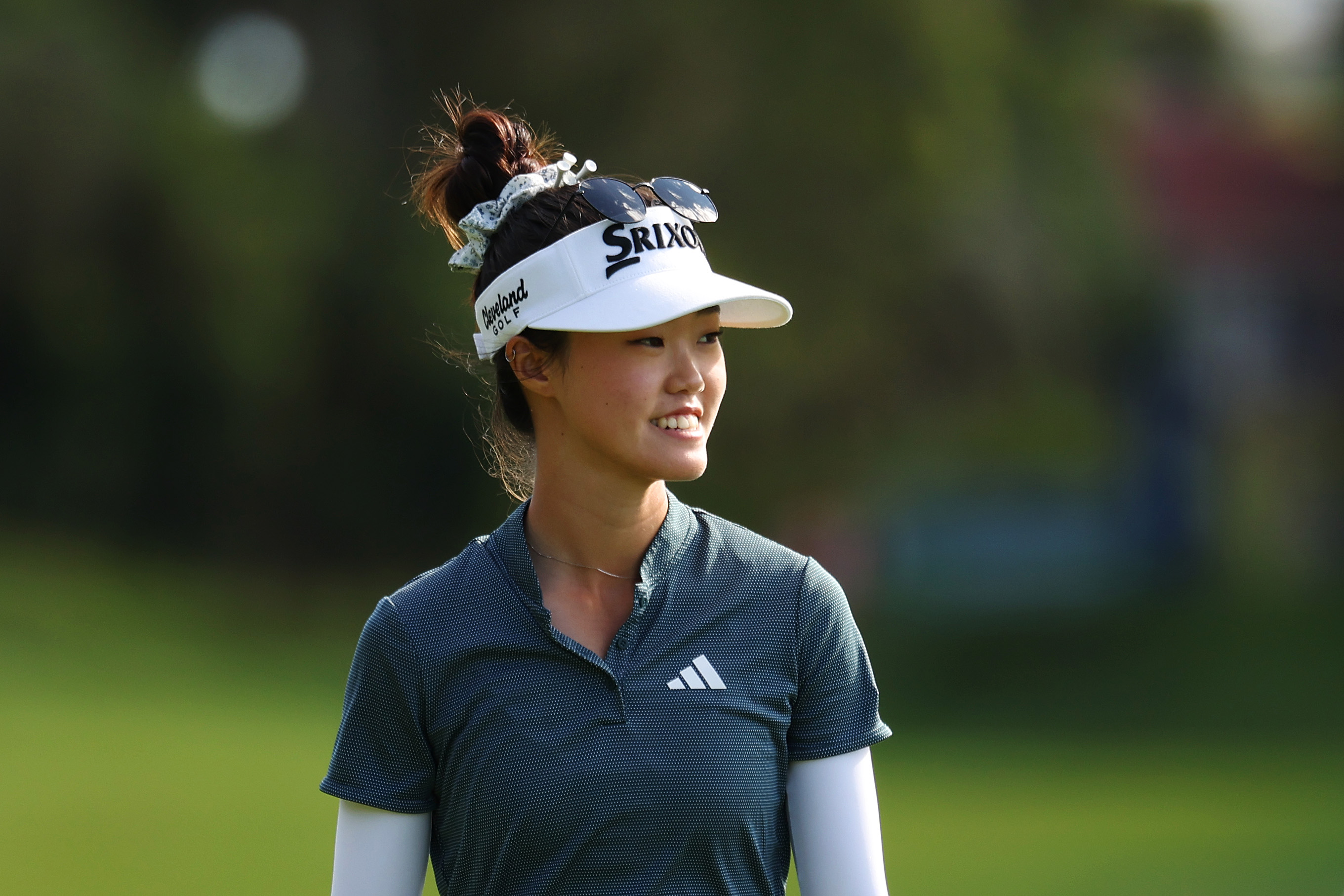
Golf's inclusion in the Olympics highlights the sport's growing cultural significance worldwide. It represents not only a physical contest but also a celebration of sportsmanship, discipline, and international camaraderie. The Olympics provide a unique opportunity for golfers to represent their countries on a prestigious stage, uniting nations through their shared passion for the sport.
The event also serves as an inspiration for young athletes, encouraging them to pursue their dreams in golf and beyond. The stories of perseverance, teamwork, and dedication showcased during the Olympics resonate deeply with fans and aspiring players alike, underscoring the values that golf embodies.
Looking Forward: The Olympics' Future of Golf

The Paris 2024 Olympics will undoubtedly play a significant role in shaping the future of golf as an Olympic sport. As golfers from around the world come together to compete, their performances will lay the groundwork for future generations of players and fans.
The continued evolution of the sport, combined with the growing interest in Olympic golf, is likely to lead to increased participation and investment in the game. National federations may focus on grassroots initiatives to nurture talent, ensuring that golf remains a prominent fixture in the Olympic program for years to come.

